Reviews by the editorial staff of Early Music America. Have a new recording or book? Submit it for consideration.
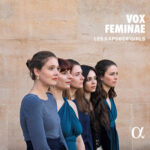
Flying Among the Blessed Choirs with Les Kapsber’girls
The French vocal and instrumetal ensemble Les Kapsber’girls take their punning name from Hieronymus Kapsberger, but on their third album this exquisite group branches out to present an array of vocal works by Italian women composers from all walks of life and levels of fame.

Harpsichord Suites from the London Loeillet
Polish harpsichordist Maria Banaszkiewicz-Bryla makes a strong case for the suites of Flemish-born Jean Baptiste Loeillet, often known as Loeillet of London. The playing is imaginative, exceptionally lyrical, and technically impeccable.
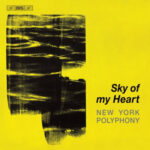
Sky of my Heart: New Sounds for Old Instruments
New York Polyphony and LeStrange Viols, two ensembles prized for their early-music performances, here connect contemporary composers with Renaissance masters, a pairing at once mysterious and familiar.
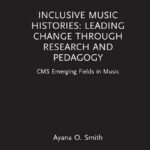
On Teaching Inclusive Music History
A new book asks 'whose music matters?' and critiques the conventional music history curriculum, including well-meaning but hollow additions for the mere sake of inclusion. Even traditional subjects like early music, the author writes, 'can be taught in diverse, ethical ways.'
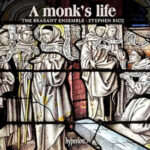
The Imagined Life Journey of a Monk, in Music
The Brabant Ensemble, known for exploring lesser known choral works from the 16th century, has released another strong album with some familiar names and several that come as a revelation, with Sebastian Ertel’s stunning 'Aeterno laudanda choro' among them.

Teaching Through Delight: the Villancicos of Bogotá
In colonial New Spain, villancios were a poetic and musical tool for religious instruction and conversion. Across the centuries, the form was shaped to appeal to a broad audience, as fun music for Christmas. Colombian ensemble Música Ficta's latest release is a musical and scholarly delight.
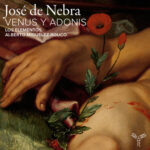
Love and Jealousy from the Spanish Baroque
The world premiere recording of 'Venus y Adonis' by José de Nebra, shows the composer as one of the great masters of the Spanish Baroque. He blends the Italianate opera styles prevalent in his day with the seguidilla, the fandango, and, at his best, a rare melodic gift.
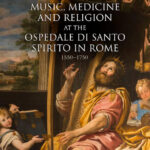
Music and Healing at a Rome Ospedale
The Ospedale di Santo Spirito, a hospital, orphanage, and charitable institution in Rome (founded in 1198), entwined worlds of religion, music, and therapeutic care. Although regulated by the Catholic Church, the hospital was also responsive to cultural and scientific changes.
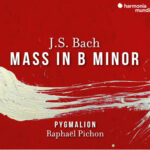
When the Chorus Comes First in the B-minor Mass
For almost a decade, conductor Raphaël Pichon and his Pygmalion ensemble and choir have offered some extraordinary performances of the Baroque classics. Their latest is Bach's B-minor Mass, played with accuracy and verve and notable for its 30-voice chorus. This is historical performance singing at the highest level.
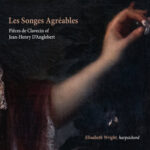
Sweet Dreams Are Made by D’Anglebert
Elisabeth Wright puts a lifetime of study, performing, and teaching into her new recording of keyboard suites by Jean-Henri D’Anglebert, one in a string of harpsichord masters serving Louis XIV. Her love for this music is everywhere apparent, and her readings are lucid, expressive, and never static.

